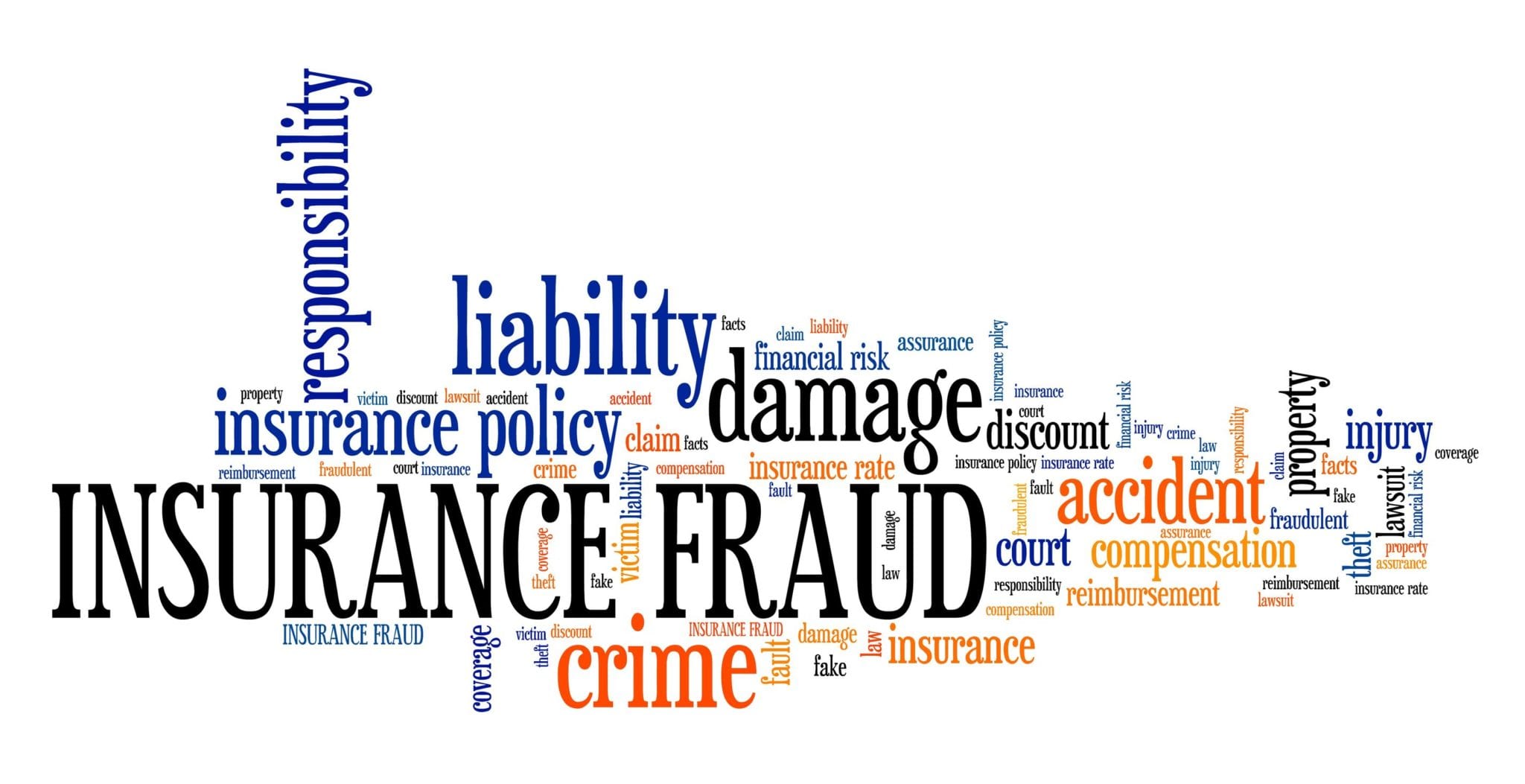
The Consumer Protection and Fraud Unit of the Texas Department of Insurance in 2016 investigated and close 688 fraud cases. The Section assessed $59,810,309 in restitution and another $1,331,515 in penalties.
In Texas, insurance fraud is filing false claims, or claims with misleading information, with the intent of getting paid by an insurance company. You can face significant fines and prison time if you are convicted, and you will need the help of an experienced criminal defense attorney to protect your rights.
To understand how you can get charged, you need to know about the numerous kinds of insurance fraud out there.
Types of Insurance Fraud
Many different types of insurance fraud can occur. Here are the most common types:
Car accident. Accidents are sometimes staged so that false insurance claims can be made. Other times, the vehicle value may be inflated so that the insurance payoff is artificially high.
A common scheme is called swoop and squat. The squat car pulls in front of you and slows down. The swoop car comes from behind you, passes you, and swerves in front of the squat car. The squat car stops abruptly, which forces you to have a rear-end collision, as the swoop car drives away.
Car damage. It’s illegal to report small damages, collect the insurance check, and then not make repairs to the vehicle. Many people see no harm in this common practice, but it increases the premiums for all other customers.
Stolen car. An individual may sell a car to a chop shop for part only to report that the car was stolen. Since the chop shop knows about the fraud, the police are never informed of the parts for sale.
Another form of this theft is selling the car overseas, shipping it without paperwork, and reporting it stolen.
Medical fraud. Unnecessary tests ordered by your doctor may be an attempt at insurance fraud.
Health insurance fraud. Some health care providers will bill for services never performed, or bill high for standard procedures.
Mortgage fraud. Individuals make false statements to get mortgage loans or secure escrow money.
Unlicensed insurance. This is illegal in Texas. These companies do not meet the state’s minimum requirements, and thus may not have the funds to pay claims. They will collect your money and leave you hanging when you have an expensive claim.

Arson. An individual intentionally sets fire to a home or structure to fraudulently recoup losses from the insurance company. Abandoned house fires are common schemes for insurance fraud.
Staged vandalism. Like arson, an individual can hire people to vandalize their home and make it appear that theft occurred, for which the individual can make a false insurance claim.
Storm fraud. Some individuals take advantage of storms to report damage that did not occur due to the storm. Others conduct false schemes, such as repair contractors who don’t perform services or false relief charities.
Renter’s insurance fraud. This insurance policy covers possessions. An individual can sell the possessions, then report them stolen to collect damages from insurance companies.
Faked death. This involves fraudulent life insurance policies, paid out to a spouse of an individual who fakes their death. Once the spouse disappears, the insurance company has a loss.
Workers’ compensation fraud. Some fraudulent companies purport to provide worker’s compensation benefits, but never pay out when claims are filed.
Premium fraud. An insurance agent commits fraud when he or she keeps premiums for personal use instead of sending them to the underwriter.
Fee churning. Intermediaries take commissions on reinsurance agreements. As commissions are repeated, the initial premium is reduced until no money remains for claim payments, because the company left to pay claims has been set up for failure. Each commission appears legitimate until they are all viewed together, and the fraud becomes apparent.
Asset diversion. This type of fraud occurs almost exclusively when insurance companies merge. An entity purchases the insurance company with borrowed funds, then uses the assets of the preexisting company for personal gain.
Arson. An individual intentionally sets fire to a home or structure to fraudulently recoup losses from the insurance company. Abandoned house fires are common schemes for insurance fraud.
Staged vandalism. Like arson, an individual can hire people to vandalize their home and make it appear that theft occurred, for which the individual can make a false insurance claim.
Storm fraud. Some individuals take advantage of storms to report damage that did not occur due to the storm. Others conduct false schemes, such as repair contractors who don’t perform services or false relief charities.
Renter’s insurance fraud. This insurance policy covers possessions. An individual can sell the possessions, then report them stolen to collect damages from insurance companies.
Faked death. This involves fraudulent life insurance policies, paid out to a spouse of an individual who fakes their death. Once the spouse disappears, the insurance company has a loss.
Workers’ compensation fraud. Some fraudulent companies purport to provide worker’s compensation benefits, but never pay out when claims are filed.
Premium fraud. An insurance agent commits fraud when he or she keeps premiums for personal use instead of sending them to the underwriter.
Fee churning. Intermediaries take commissions on reinsurance agreements. As commissions are repeated, the initial premium is reduced until no money remains for claim payments, because the company left to pay claims has been set up for failure. Each commission appears legitimate until they are all viewed together, and the fraud becomes apparent.
Asset diversion. This type of fraud occurs almost exclusively when insurance companies merge. An entity purchases the insurance company with borrowed funds only to use the assets of the preexisting company for personal gain.
Dealing With Charges of Insurance Fraud
For any insurance fraud case, the prosecution must prove beyond a reasonable doubt that an individual knowingly made a false statement. The false statement must be connected to an insurance payment or claim.
The penalty scale for insurance fraud crimes is based upon the value of the stolen property or the attempted stolen property. Additional civil penalties may be added to significant fines, community service, and jail time.

If you are facing charges of insurance fraud, it’s essential to seek the advice of an experienced criminal defense attorney who has a track record of success in these types of cases as soon as possible in order to receive the greatest chance of reducing the charges you face.
Do not wait. Get in touch with a knowledgeable Texas insurance fraud lawyer today. They will be able to handle your case with discretion and work to protect your rights.



